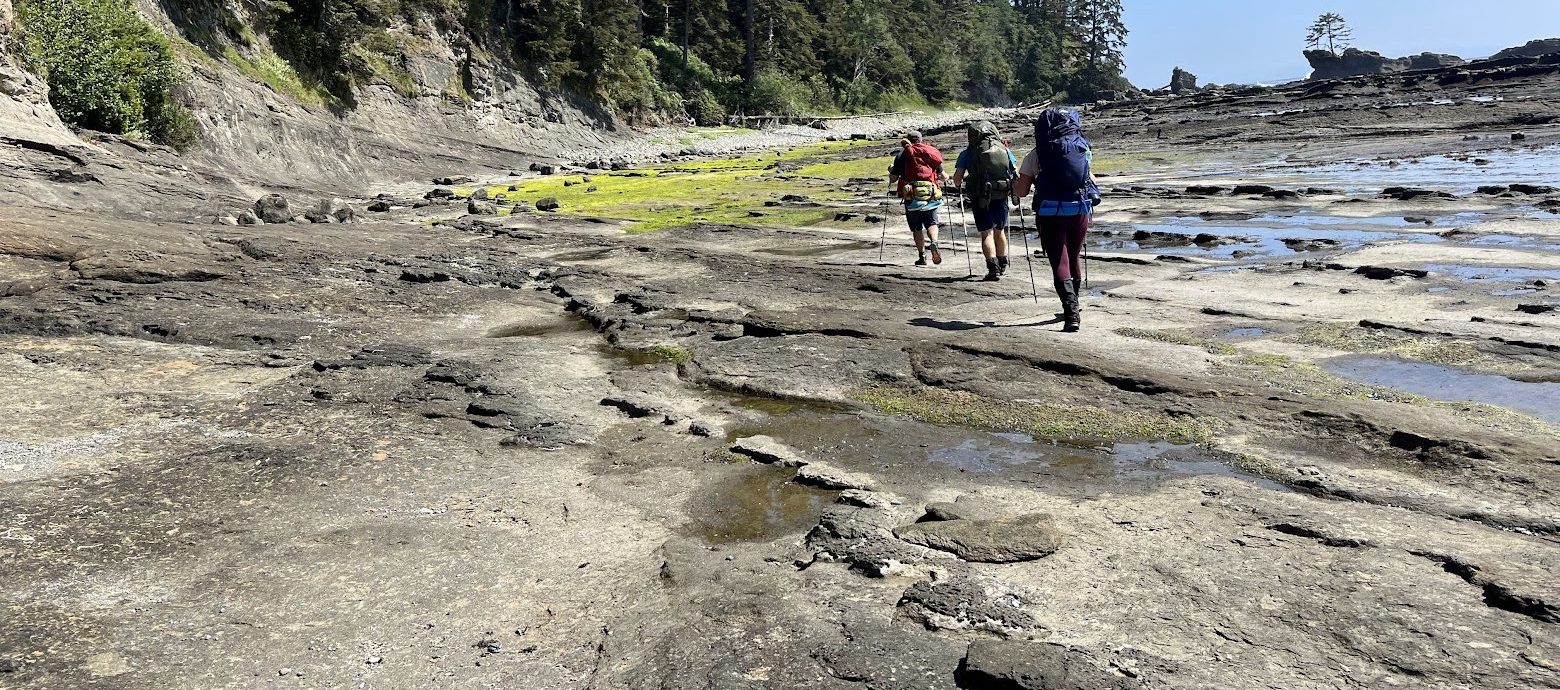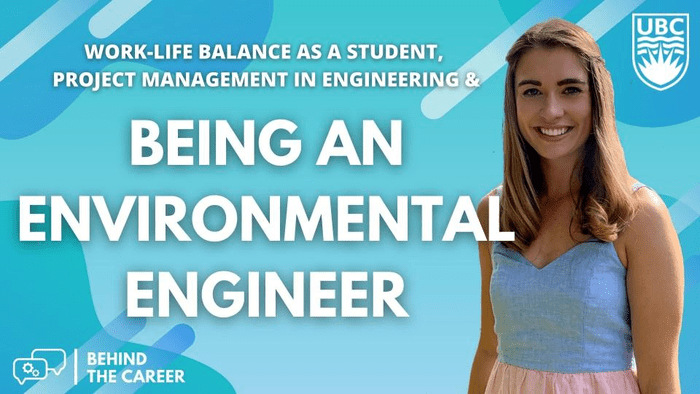Why Choose the UBC/UNBC BASc Program?
With its rich history of natural resource development, British Columbia is well positioned to best educate environmental engineers in a host of industries ranging from mining to forestry to fisheries and including many others. The joint-degree program offered by the University of Northern British Columbia and the University of British Columbia is one of only a handful of environmental engineering degree programs in Canada and the Pacific Northwest of the United States.
Please note that we currently do not offer graduate studies in this program.
Student Experience

Students in Environmental Engineering have access to a wide range of clubs, teams, services, and resources. Whether you are a prospective or current student, explore the endless possibilities.
Alumni Spotlights
Have Questions About Admissions?
We’re happy to answer your admission questions and help you get the information you need.



